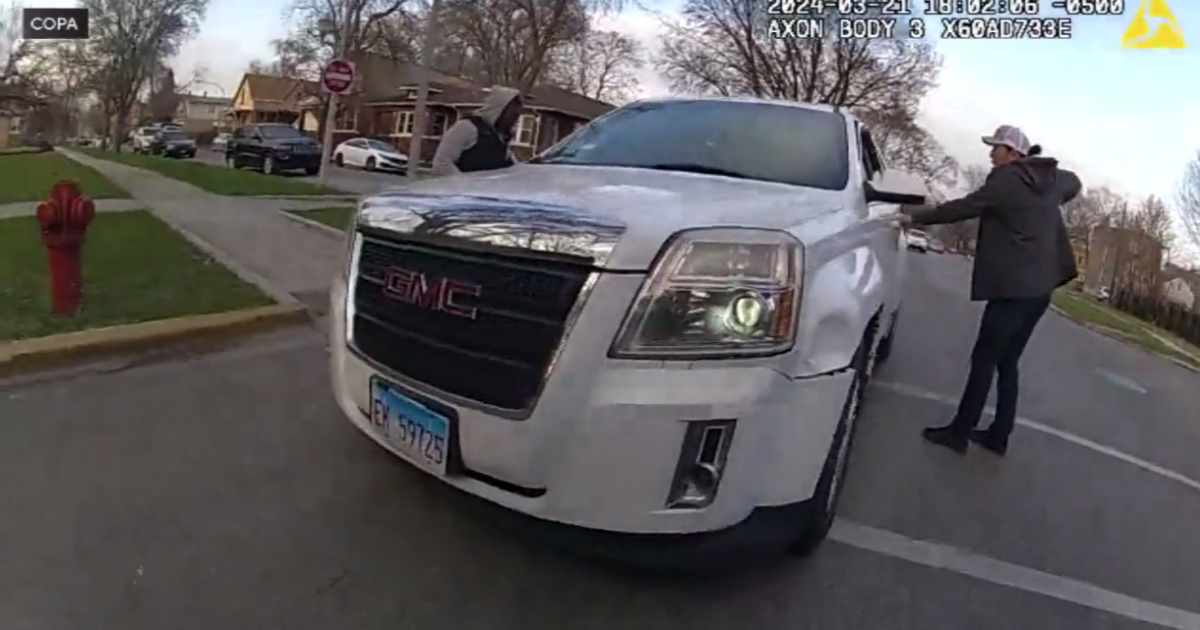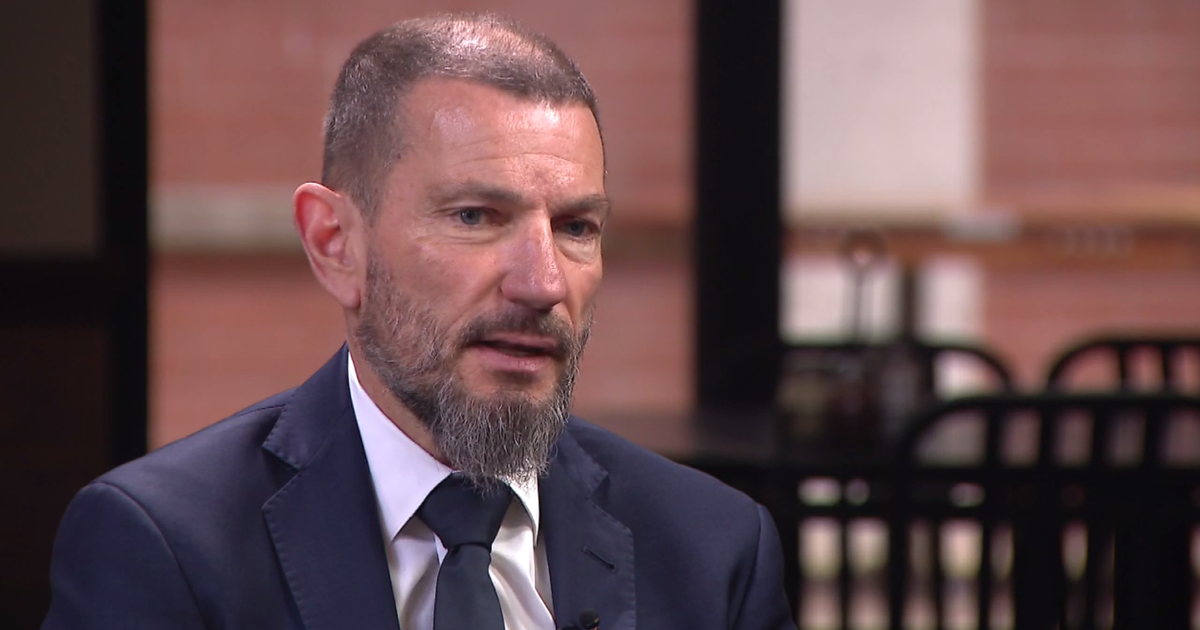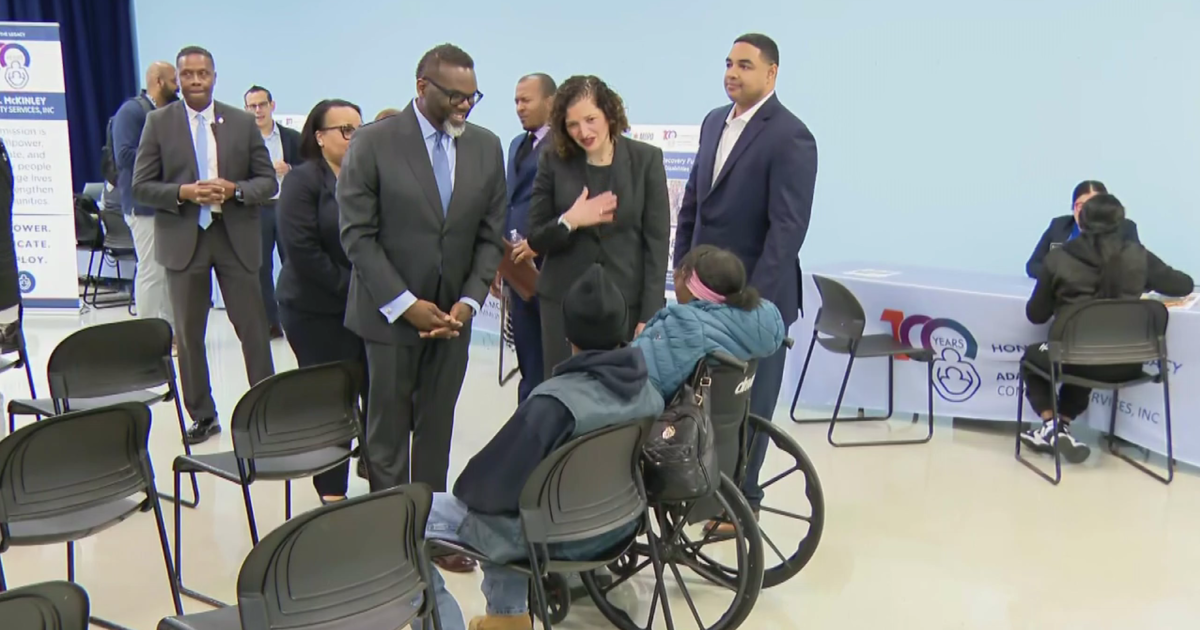Aldermen To Debate Mayor's Controversial Proposal To Sue Gang Members And Seek To Seize Their Assets
CHICAGO (CBS) -- The Chicago City Council Committee on Public Safety will meet later today to discuss the so-called Victims' Justice Ordinance, a proposal from Mayor Lori Lightfoot to allow the city to sue gangs, their leadership, and members who profit from illegal and violent acts.
CBS 2's Meredith Barack reports the proposal has faced vocal opposition from some critics.
Earlier this week, a group of more than 50 Chicago civil rights attorneys signed a letter, asking Lightfoot to withdraw the ordinance she introduced in September.
The proposal was introduced as Lightfoot is under pressure to crack down on Chicago's gun violence and homicide rates.
The attorneys' letter says the proposed ordinance will cause the city "costly litigation and perpetuate racial disparities in law enforcement practices," and "it will not reduce harm and violence."
In a zoom call with reporters on Thursday, the mayor - who is currently in Washington, D.C., - said there have been some misconceptions about the proposal, and her administration needs to do more to educate people about the ordinance, which is why she asked the Public Safety Committee to hold a hearing on Friday, but not a vote.
"I think there's been a lot of reflexive criticism by folks without really understanding the contours of this ordinance is," she said.
The ordinance is modeled after the 1993 Illinois Streetgang Terrorism Omnibus Prevention Act, and would allow the city to file a civil complaint against gang members who knowingly engaged in two or more gang-related criminal offenses within five years of each other.
The ordinance would authorize courts to hold a defendant liable for compensatory and punitive damages, or enter a fine up to $10,000 for each offense.
However, some critics have predicted the city will end up suing innocent relatives of actual gang members, and trying to seize assets of poor people who have nothing to do with gang violence.
Lightfoot has denied that.
"This is not an effort to try to take grandma's house, as a lot of people I think expressed concerns about. But the fact of the matter is there is a significant profit motive on a part of these gang members to commit the crimes that they're committing; not just illegal gun trafficking or drug dealing, but the shootings and homicides that are flowing directly from the illegal gun [and] drug trade," Lightfoot said. "Our goal is to have another tool at our disposal so that we can take action in the fight against these violent criminal gangs, who are terrorizing residents in the city of Chicago."
Legal experts worry that, in Chicago, such lawsuits would be futile.
"In federal court, you're dealing with organized street gangs - in many cases involving individuals that are in their 30s, sometimes even in their 40s - that are moving large amounts of drugs," Eric H. Sussman, of Reed Smith LLP, and a former federal prosecutor, told CBS 2's Megan Hickey last year.
Sussman said these types of gang lawsuits have been successful in his experience in federal court. But he said the gangs that would be targeted in Chicago — "approximately 100 street gang factions," according to the proposed ordinance – are different.
"In state court, most of these 15- and 16-year-olds they can't even identify aren't even subject to adult criminal prosecution," Sussman said.
Attorney John Mauck, of the firm Mauck & Baker, is very familiar with gang lawsuits in Kane County.
"Most of the lawsuits were ended by default judgments," he said last year. "Either they didn't serve the individuals, or the individuals didn't bother to come to court."
Mauck represents four individuals who were sued in Kane County, but that lawsuit was dropped in 2018 over issues proving they were actually members of the gang.
Mauck said that to his knowledge, government agencies in Kane County have never recovered a dime from any gang members. And he thinks that will also be the case in Chicago.
"They'll sue a bunch of gang members and get some judgments and say, 'Look what we've done,' but it won't accomplish anything," Mauck said. "It's for show."
But Elgin's police chief said last year there were some positive benefits as a result of three gang lawsuits between 2010 and 2016.
"The department noted a significant reduction in street gang activity during this time," Chief Ana Lalley said in a statement in part.
It's unclear if and when the Public Safety Committee plans to schedule a vote on Lightfoot's proposal.



